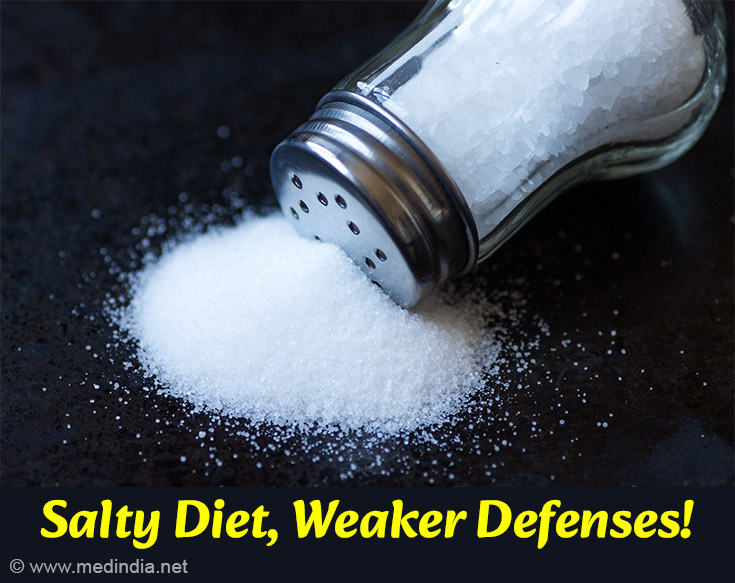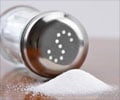Excess salt intake may contribute to depression by altering immune responses.
- High salt intake is linked to increased IL-17A, a pro-inflammatory cytokine
- Mice with high salt diets exhibited depression-like behaviors
- Findings suggest diet influences both immune and mental health
High-Salt Diet Drives Depression-Like Behavior In Mice By Inducing IL-17A Production
Go to source).
Excessive salt intake can impact mental health by triggering inflammatory immune responses! #mentalhealth #nutrition #medindia’
Salty Truth: How Salt Affects Your Brain
While salt is essential for bodily functions, excessive intake can disrupt the balance of neurotransmitters in the brain. Studies show that high salt levels can lead to inflammation, which affects mood regulation. Over time, this may contribute to anxiety, stress, and even depression. The surprising part? Most people consume way more salt than they realize!Science Behind Salt & Depression
High-salt diet increases IL-17A, a pro-inflammatory cytokine linked to mood disorders. This immune response alters brain chemistry, impacting how we handle stress and emotions.There was a 1.17-fold increased risk of anxiousness while eating meals containing salt. In a study on mice, those fed a high-salt diet displayed depression-like behaviors, showing that dietary choices can influence mental well-being (2✔ ✔Trusted SourceAdding Salt To Foods And Risk Of Incident Depression And Anxiety
Go to source).

Cutting Back: Simple Ways to Reduce Salt Intake
Lowering salt doesn’t mean sacrificing flavor! Start by opting for fresh, unprocessed foods instead of packaged snacks. Use herbs and spices to enhance taste without extra sodium. Drinking plenty of water helps flush out excess salt, and checking food labels can make a big difference. Promoting a lower salt intake could be a promising preventative strategy. Small changes can lead to better mood stability and overall health!References:
- High-Salt Diet Drives Depression-Like Behavior In Mice By Inducing IL-17A Production - (https://academic.oup.com/jimmunol/advance-article/doi/10.1093/jimmun/vkaf019/8090296)
- Adding Salt To Foods And Risk Of Incident Depression And Anxiety - (https://pubmed.ncbi.nlm.nih.gov/39838382/)
Source-Medindia















